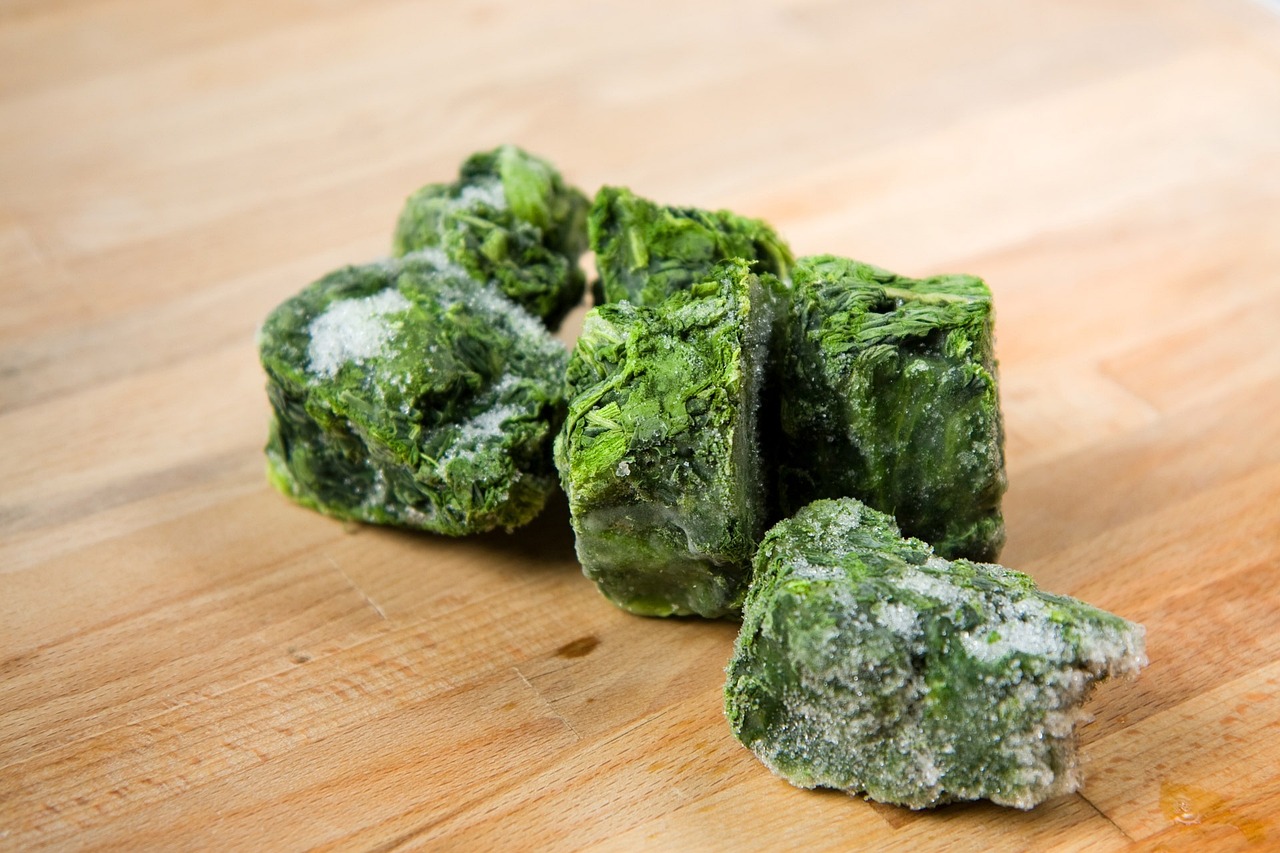Frozen vs. Fresh Fruits and Vegetables
Do you, like me, find yourself hesitant about opting for frozen foods, including fruits and vegetables, and often prefer fresh produce? Fresh items seem to be the ideal nutritional choice, but is that always the reality? Negative associations with frozen vegetables tend to be automatic. However, the notion that ‘fresh is best’ doesn’t hold true in every circumstance, and I’ll delve into the reasons why.
Nutritious as Fresh
When making the best nutritional choice, understanding the journey of produce from its source to your table is crucial. Contrary to common belief, frozen vegetables and fruits are as nutritious as their fresh counterparts.
When fruits and vegetables are frozen, they are harvested at the peak of freshness, ensuring optimal nutrient content and flavor. The freezing process occurs promptly, often on-site, effectively locking in most essential nutrients.
On the other hand, fresh produce may undergo a week-long journey in a truck or airplane, followed by several days on the store shelf and another week in your refrigerator. This extended process can lead to ongoing losses of less stable vitamins, as heat, light, air and aging contribute to nutrient loss in food.
While the freezing process itself may induce some nutrient loss, studies have suggested that well-performed industrial freezing doesn’t result in lower nutritional value compared to fresh ones.
Benefits of Frozen Fruits and Vegetables
Frozen fruits and vegetables aren’t just about making life easier; they can significantly enhance your daily nutrient intake. More vitamins, minerals, fibers, and all that good stuff effortlessly become a part of your daily routine.
They have the advantage of helping you save valuable time by skipping the washing and cutting steps, and frozen options also cook faster, often pre-blanched before freezing. Think about incorporating some organic strawberries into your morning smoothie – a game-changer for your daily fruit intake.
Moreover, some fruits and vegetables aren’t available fresh year-round. Opting for frozen choices means you get to enjoy your favorites whenever you want, packed with nutrients and minerals, and with way fewer pesticides.
Personally, despite loving to go shopping for fresh produce, cutting and using them in a myriad of ways, I also rely on the convenience of frozen vegetables. I enjoy buying ready-made mixes and adding them to soups or simply cooking them in the microwave on a busy day. I add them to bowls, salads, season them generously, and have a quick and nutritious meal.
Cutting Waste
Going for frozen fruits and vegetables isn’t just about convenience; it’s a smart move to slash food waste. Unlike their fresh counterparts, frozen goodies stick around longer without turning into a science experiment. Use what you need for your dish, store the rest in the freezer for another day, and voila! You’re not just cooking, you’re efficiently reducing food waste.
The Optimal Nutrition Choice
In summary, the optimal choice often leans towards fresh produce when it aligns with the season, is economically feasible, and offers peak flavor, texture, and nutrient content. However, practical considerations come into play when dealing with out-of-season, extensively stored, and costly items, where frozen fruits and vegetables are valuable alternatives, contributing both variety and nutrition.
While freezing may result in minor losses of water-soluble vitamins like B and C, the overall benefit lies in the increased consumption of vegetables and fruits. Most importantly, the majority of the vitamin and mineral content remains intact.
The goal remains balance. While prioritizing local and fresh produce stands as the optimal choice for personal health, community support, and environmental impact, practical considerations often require alternatives. In instances where local and fresh options are impractical, frozen fruits and vegetables present an excellent alternative. This choice aligns with busy schedules, economic considerations, and can be particularly advantageous when harvested in-season without added preservatives. In essence, the key lies in finding a harmonious balance that supports personal well-being, community welfare, and environmental sustainability.
